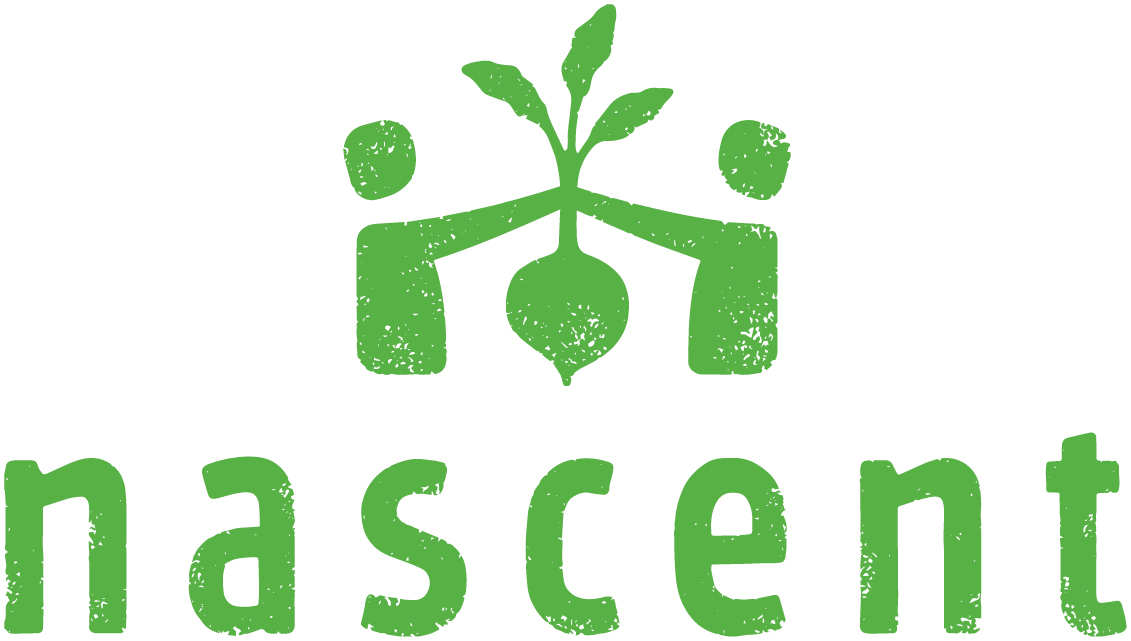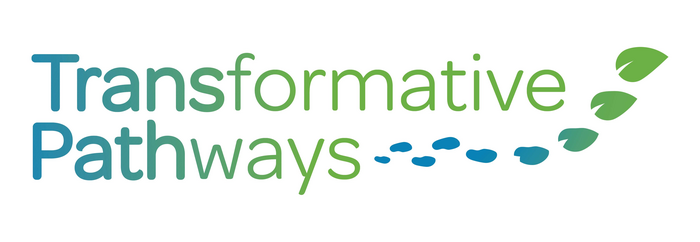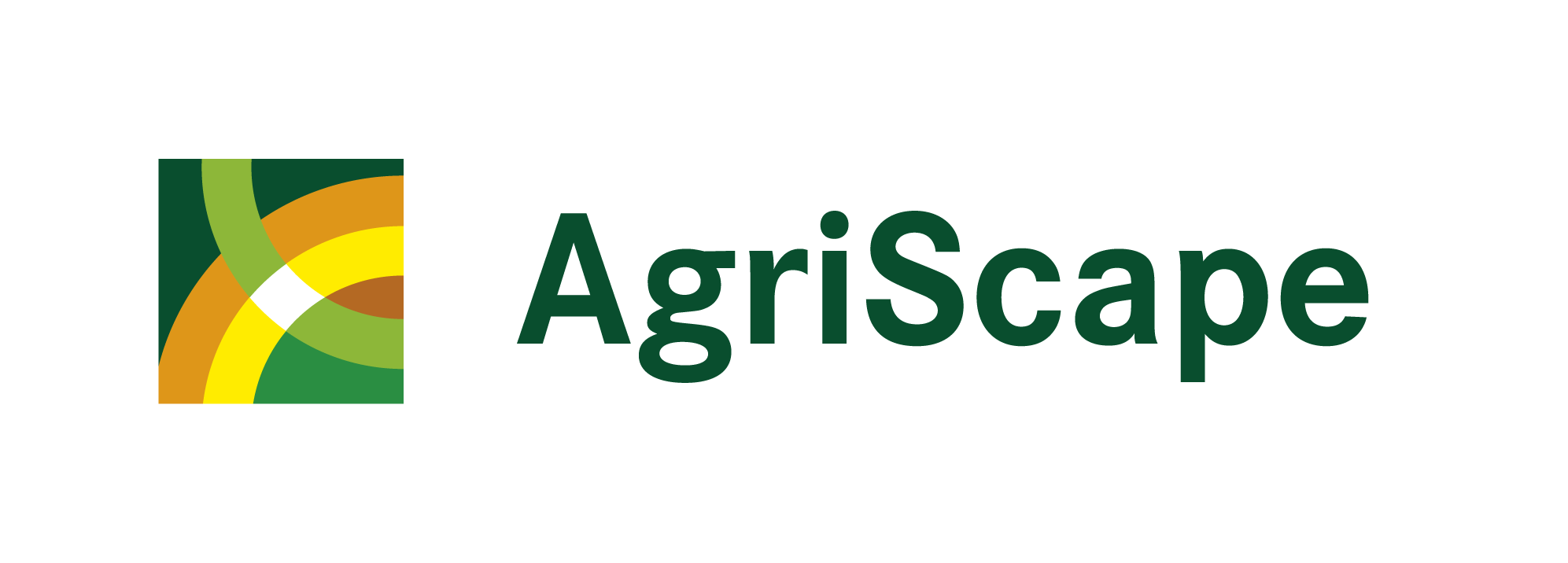Current Projects
Despite the emergence of many CSA farms in recent years, it is still a niche phenomenon. In this context, SolaRegio aims to identify hurdles and barriers that impede the conversion of farms to CSA and reduce them by establishing a regional network of stakeholders (system service providers).
TRANSPATH will gain insights into socio-economic and socio-ecological dynamics through different case studies. Science-policy practitioner labs will be held in Eastern and Western Europe to identify leverage points, actor networks and associated change agents. In Latin America (Costa Rica) and Africa (Ghana), teleconnected global value chain regulations and impacts on land and forest conservation/restoration will be investigated (e.g., by using the coffee/cocoa value chain). Global trade agreements/regulations and the EU financial sector will be examined for interventions that operate within social boundaries and for the feasibility of policies that target the identified leverage points. In addition, a literature-based synthesis will be carried out to identify promising interventions, and construct target-seeking pathways that have fewer trade-offs and offer the potential to synergistically tackle climate change and biodiversity loss. The information gathered from the case studies and the literature synthesis will be used to quantify promising pathways using the IMAGE-GLOBIO modelling framework.
Completed Externally Funded Projects
ABOT - Assessement of water balances and optimization based target se--tting across EU river basins
ALARM 6. RP ALARM - Assessing Large Scale Environmental Risks with tested Methods
AMLaTUR: Analysis and Management of Landscape Transition in the Urban-Rural Gradient, Ralf Seppelt (Koordination), 2004-2005, DAAD
The BESS young investigators group studied biotic ecosystem services (pollination and biocontrol), the influence of land use and landscape structure.
Biodiversity Exploratories - The role of biodiversity in controlling biogeochemical processes under experimental climate change in grassland and forest systems.
BIOSHARE: Coproduction of ecosystem services in shared landscapes of biosphere reserves (2019-2020).
CONABIO - Improving species distribution models of endangered plants in Mexico - The project aims to develop and refine species distribution models for endangered Mexican plant species by integrating remote sensing data and spatial assessments of model uncertainty with the perspective to support conservation management.
CONNECT - Linking biodiversity conservation and ecosystem services: advancing insights in tradeoffs and synergies between biodiversity, ecosystem functioning and ecosystem service values for improved integrated biodiversity policy.
CROSSLINK - Understanding cross-habitat linkages between blue and green infrastructure to optimize management of biodiversity, ecosystem services and multiple human uses. (BiodivERsA & BMBF, 2017-2020)
Energy-efficient Delitzsch - The pathway of a city to energy-efficiency under conditions of population shrinkage. (BMBF, 2011-2016)
ECOPOTENTIAL - Improving improving future ecosystem benefits through earth observations (2015-2019)
ESCALATE - The Helmholtz Research School (2013-2021)
EuroFLOW - A European training and research network for environmental FLOW management in river basins (2017-2021).
FFSize - Why farm and field size matters: Exploring their role for food security and sustainable agriculture in South America
FlOODMED: Monitoring, forecasting and best practices for flood mitigation and prevention in the CADSES region
FlOODsite 6. RP FlOODsite - Integrated Flood Risk Analysis and Management Methodologies
FLUMAGIS - Interdisziplinäre Entwicklung von Methoden und Werkzeugen für das Flusseinzugsgebietsmanagement mit Geoinformationssystemen (BMBF, Laufzeit 2002-2005)
GeoKur – Curation and quality assurance of environmental research data for the use case of global land use data (BMBF, 2019-2023)
GLUES – Global Assessment of Land Use Dynamics, Greenhouse Gas Emissions and Ecosystem Services (BMBF, 2009-2017)
GREENVEINS: Vulnerability of Biodiversity in the Agro-ecosystem as influenced by Green-Veining and Land-use Intensity (EU-IP, 2001-2004)
GRIMEX: Verbundvorhaben: Entwicklung eines 3-Zonen-Modells für das Grundwasser- und Infrastrukturmanagement nach extremen Hochwasserergeignissen in urbanen Räumen (3ZM-GRIMEX) - Teilprojekt 3
InnoLand-Sachsen – Innovative Modelle für eine nachhaltige und regionale Wertschöpfung: Synergien und Potenziale der Solidarischen Landwirtschaft in Sachsen (SMEKUL, 2021-2023)
LEGATO - Land-use intensity and Ecological Engineering – Assessment Tools for risks and Opportunities in irrigated rice based production
LeVe-Solawi - Lebensmittelverwertung in Solidarischen Landwirtschaften (2021-2023)
LUCIBDHolo - Toward a unifying perspective on land use change impacts on the biodiversity during the Holocene (DFG, 2017-2019)
MigSoKo - Human migration and global environmental change: A vicious cycle? A junior research group co-funded by the Federal Ministry of Education and Research (BMBF) funding priority Social-Ecological Research (SÖF) and Helmholtz Centre for Environmental Research (UFZ) aiming to understand the causalities between environmental change and human migration. (2016-2022)
MoMo - Integrated Water Resources Management (IWRM) project funded as part of BMBF’s FONA initiative. The main objective of MoMo is the development and implementation of sustainable IWRM strategies in the Kharaa river catchment in Mongolia.
NeWater, an integrated project funded by the EU involving 39 partners in Europe, investigates the transition from prevailing regimes of river basin water management worldwide into more adaptive regimes in the future by developing and implementing participative models and tools.
OpenNESS - Operationalisation of Natural Capital and EcoSystem Services: From Concepts to Real-world Applications. (EU, 2012-2017)
OPERAs - Operational Potential of Ecosystem Research Applications. (EU, 2012-2017)
Phylogeny shifts in the climate niche of mammals: evolutionary contraints or adaption potential?
PLUREL was an integrated project funded by the EU involving 33 partners in Europe. We simulated land use change and studied the impact of land use patterns on ecosystem services in rural-urban regions.
POLATE was a short 1 year project, funded by BMBF, with 6 additional partners in Germany, synthesizing the recent state of the art of land use management and its impact to greenhouse gas emissions and ecosystem services.
SaLMaR - The project SaLMaR develops integrated land and water resource management (ILWRM) strategies to adapt to impacts of progressive changes in the land use system of reservoirs and catchment areas of their socio-economic development.
SECTOR - Production of Solid Sustainable Energy Carriers from Biomass by Means of TORrefaction is an EU FP 7 research project and is focused on the development of torrefaction-based technologies for the production of solid bioenergy carriers, and on supporting the market introduction of torrefaction-based bioenergy carriers as a commodity renewable solid fuel.
CLE contributes to WP 9, assessing (i) certification schemes concerning environmental sustainability criteria, and (ii) effect of bioenergy production systems on the provision of ecosystem services
SESYNC - Land-Use-BioDiversity-Ecosystem Services-trade-offs - This SESYNC funded project is lead by Ralf Seppelt and Sandra Lavorel and seeks for conceptual and data driven synthesis that acknowledges the multidimensional complexity captured in the label ‘land use’ in relation to biodiversity and ecosystem services. Other involved partners include Peter Verburg, Gretchen Daily and Matt Walpole.
TALE - Towards multifunctional Agricultural Landscapes in Europe.
UrbanGaia - Managing urban Biodiversity and Green Infrastructure to increase city resilience. (BMBF, 2017-2020)
wakanaka - Ermittlung naturschutzbezogener Kriterien in der Umweltprüfung der Bedarfsplanung für Stromnetze und in der Bundesfachplanung zur Erhöhung der Planungssicherheit und Verhinderung von Zielkonflikten. (BMUB, 2017-2020)
Weiße Elster: Entscheidungshilfen für ein integriertes Flussgebietsmanagement - Konfliktbewertung und Lösungsansätze am Beispiel der Weißen Elster. (BMBF, Laufzeit, 2002-2005)





